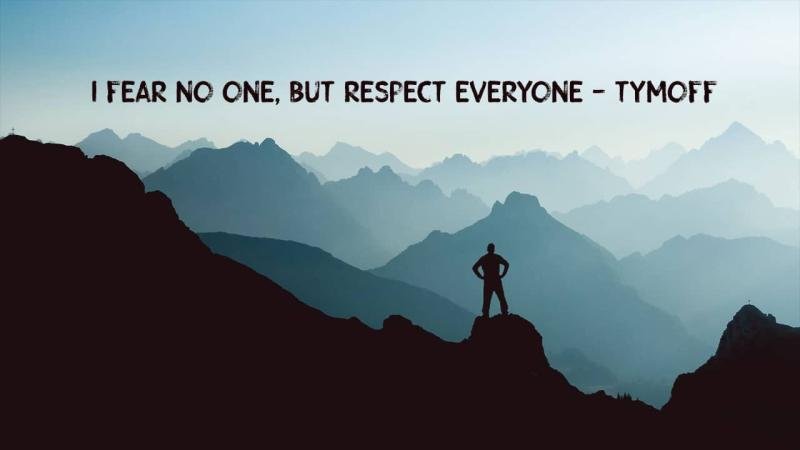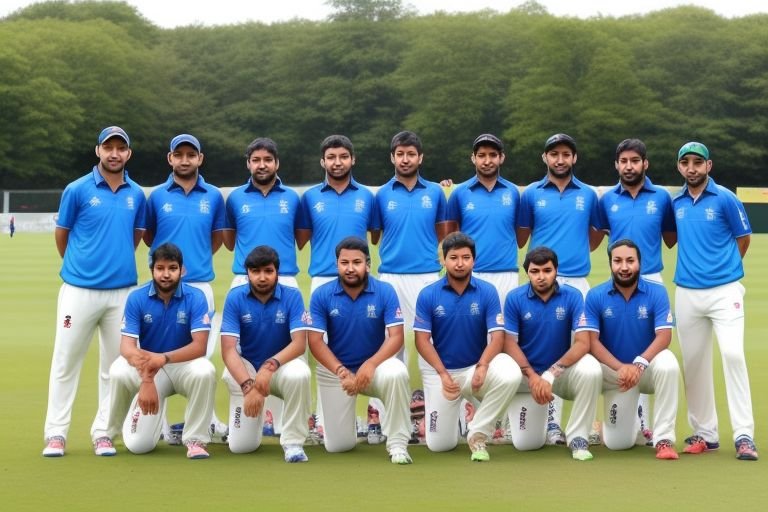Introduction
In a fast-paced, high-stakes business world, professionals are constantly searching for principles that differentiate leaders from followers. One such principle is embedded in the powerful quote by Tymoff:
“I fear no one, but respect everyone.”
This quote isn’t just motivational—it’s strategic. It combines fearlessness with humility, authority with empathy, and courage with class. These aren’t soft skills; they’re power traits for modern professionals and business leaders.
In this article, we break down the quote, answer the most frequently asked questions about it, and provide a high-impact, actionable framework to implement this mindset in your career and organization.
Understanding the Quote: The Power of Balanced Leadership
Fearlessness: Internal Strength
To “fear no one” is not to be arrogant or reckless. It’s about internal stability, confidence in your values, and the courage to stand your ground even in the face of authority or adversity.
It means you don’t let hierarchy, status, or social intimidation dictate your voice.
Respect: External Wisdom
Respecting everyone doesn’t mean you agree with everyone. It means you value people, regardless of rank or opinion, and maintain professional composure.
You recognize that respect earns influence, builds trust, and fosters high-performing relationships.
Together, this quote encourages an elite leadership mindset: be bold, but never rude. Stand tall, but always listen.
Why This Philosophy Drives Business Success
1. Confidence Boosts Innovation and Initiative
A study by McKinsey (2024) shows that teams led by confident leaders are 2.2x more likely to drive innovative solutions. Fearless professionals:
-
Ask better questions
-
Pitch bold ideas
-
Step up during crises
2. Respect Enhances Team Performance and Loyalty
According to Gallup, 70% of employee engagement is influenced by the manager. Leaders who treat their team with consistent respect reduce turnover and build trust.
3. Balance Builds Credibility
Harvard Business Review notes that leaders perceived as both strong and warm are the most effective. Fearless + respectful = trustworthy authority.
Frequently Asked Questions (FAQs)
Is it realistic to fear no one in today’s business environment?
Yes. Fear is natural—but living in fear is optional. Professionals who master preparation, emotional intelligence, and self-belief navigate pressure without intimidation.
Can respect be maintained without compromising on authority?
Absolutely. In fact, respect reinforces authority. It shows emotional discipline and earns long-term trust, a key driver of sustainable influence.
What if others see my respectful behavior as weakness?
Respect only becomes weakness when it lacks boundaries and assertiveness. Combine courtesy with clarity. Set expectations and speak decisively.
How can entry-level professionals adopt this mindset?
By:
-
Speaking with clarity
-
Listening actively
-
Showing initiative
-
Reacting to feedback with maturity
Leadership is behavior-based, not title-based.
Applying the Tymoff Mindset in the Workplace
1. Lead Conversations with Assertiveness
Use power phrases like:
-
“I recommend…”
-
“Let’s approach this from another angle…”
Avoid filler words like “just,” “maybe,” or “I’m not sure.”
2. Treat Everyone with Equal Value
From janitors to CEOs, your consistent respect reflects your values—not their position.
3. Disagree Constructively
Say:
“I see your point, but I have another perspective that might help us move forward.”
This maintains professionalism while asserting your viewpoint.
4. Stay Centered During Conflict
Fearless professionals stay composed, even when challenged. Take a breath. Stay data-driven. Be calm, not reactive.
5. Recognize Contributions Publicly
Respect is best shown through acknowledgment. Praise effort and ideas openly to build morale and loyalty.
Real-World Examples of Fearless and Respectful Leadership
Indra Nooyi – Former CEO, PepsiCo
Nooyi was known for bold strategy shifts while treating every employee with dignity. Her handwritten letters to employees’ families were legendary acts of respect.
Barack Obama
Regardless of political views, Obama embodied composure, clarity, and universal respect—facing global leaders and citizens alike with calm authority.
Tim Cook – CEO, Apple
Cook doesn’t chase the limelight, but he consistently delivers. His respectful yet fearless leadership has guided Apple through cultural and economic change.
Key Business Outcomes of Embracing This Mindset
1. Stronger Negotiation Outcomes
You negotiate better when you’re unafraid of walking away, yet respectful enough to build rapport.
2. Higher Emotional Intelligence
Fearlessness is grounded in self-awareness. Respect demonstrates social awareness—together they boost EQ.
3. Long-Term Career Resilience
Professionals known for composure under pressure and respectful communication become go-to leaders in any industry.
Practical Tips to Make This Quote Your Daily Mantra
-
Practice Mirror Affirmations: Remind yourself daily—“I am confident, and I respect others.”
-
Eliminate Passive Language: Replace uncertain speech with strong, respectful statements.
-
Watch Body Language: Fearlessness shows in posture, eye contact, and tone.
-
De-escalate Tension Respectfully: When conflicts arise, lead with questions, not accusations.
-
Celebrate Others’ Wins: Respect amplifies morale—public recognition is a powerful gesture.
Conclusion
The quote “I fear no one, but respect everyone” by Tymoff is far more than a motivational phrase. It is a framework for success in leadership, business, and personal growth. It teaches you to be internally unshakable and externally gracious—a rare but vital balance in today’s volatile world.
This mindset builds your brand, sharpens your influence, and positions you as the kind of leader that others not only follow—but remember.
Lead with courage. Connect with respect. That’s the future of business leadership.


